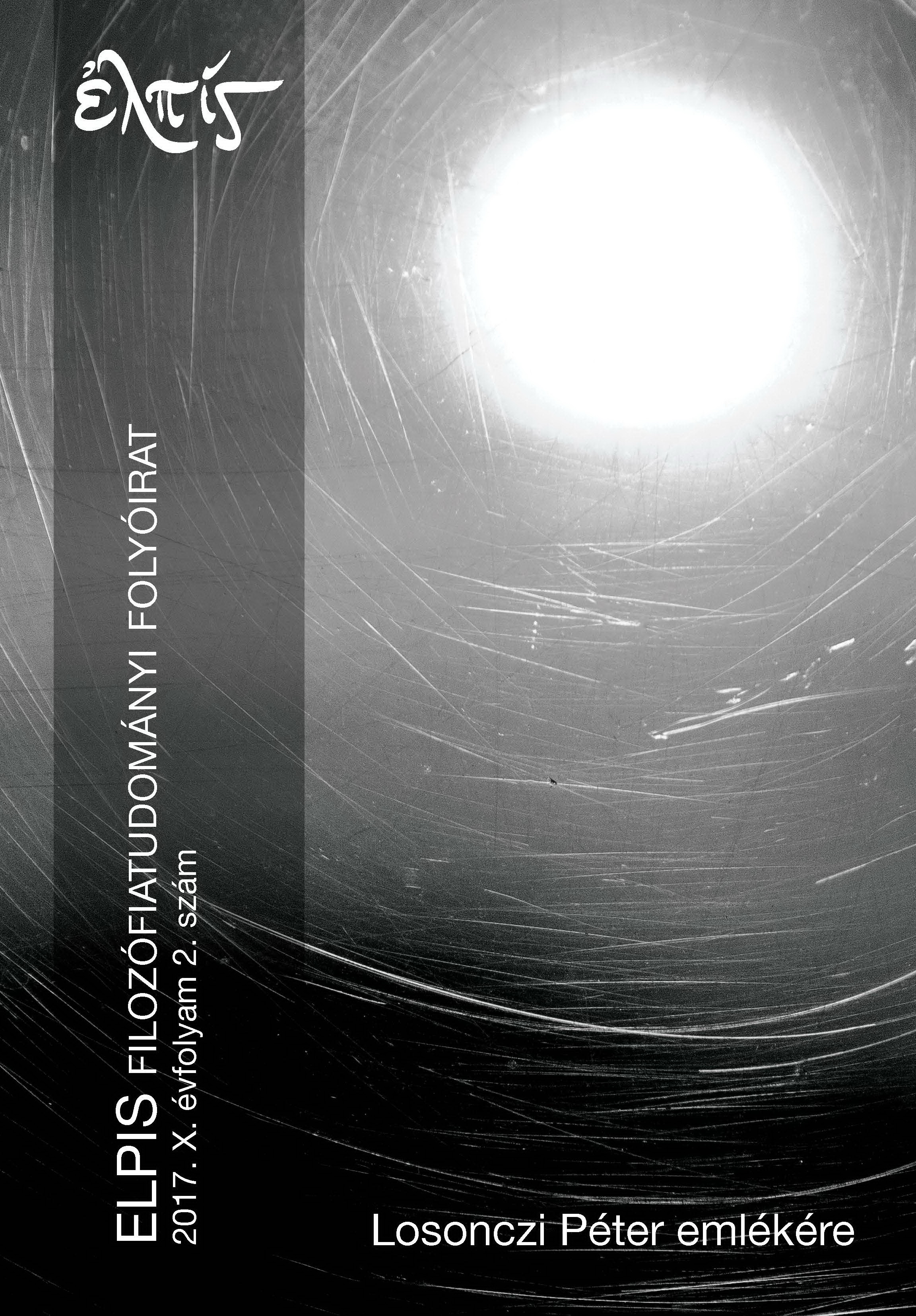Traditions and interpretation: Der Rosenkavalier of Richard Strauss
DOI:
https://doi.org/10.54310/Elpis.2017.2.8Keywords:
Strauss, Der Rosenkavalier, Reception, Musicology, Interpretation HistoryAbstract
My paper examines the reception and interpretation history of Der Rosenkavalier, focusing on three topics. The first two are primarily musicological: the contemporary reception of Der Rosenkavalier at the time of its premiere and its reception in musicology, above all concentrating on the inspection of the narrative which positioned it as the work marking the conservative turn in Strauss' oeuvre. Following this, the third topic I discuss is the formation of the traditional staging method of Der Rosenkavalier and the attempts of questioning and subverting this tradition, analyzing and comparing Otto Schenk's Munich production and Jan Philipp Gloger's Amsterdam production of the opera as examples of traditional and subversive staging. I aim to point out the reciprocal connection between the established interpretations in musicology and staging practice, which helped to affirm the paradigm that judged the opera to be kitsch.




